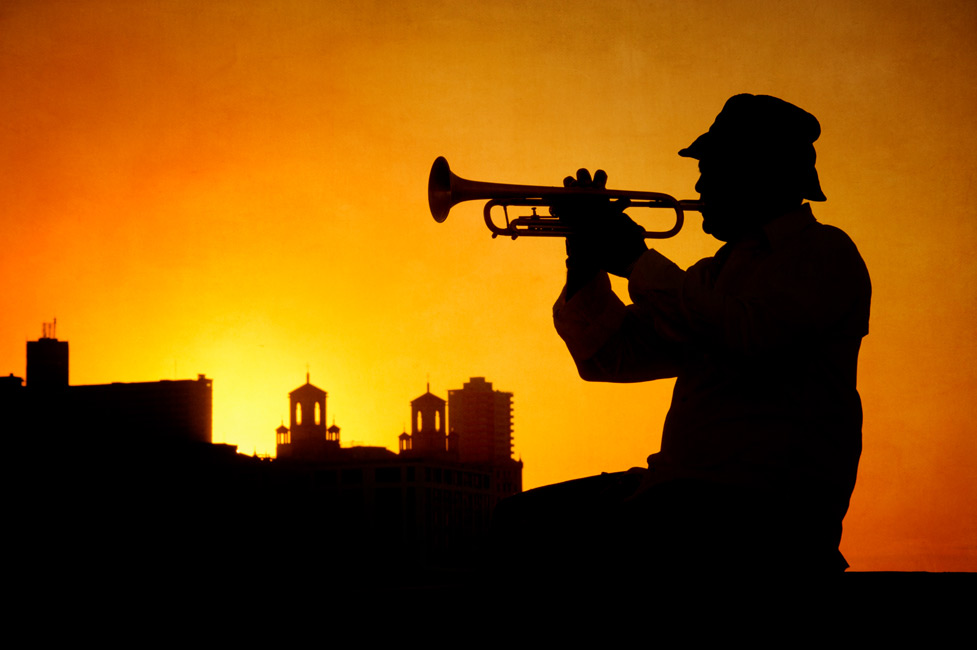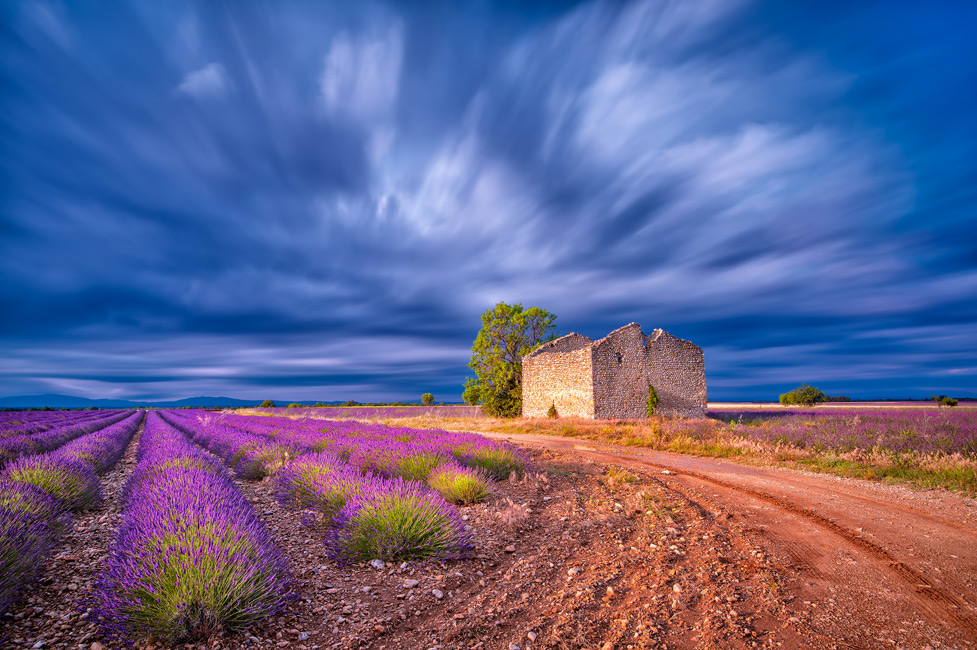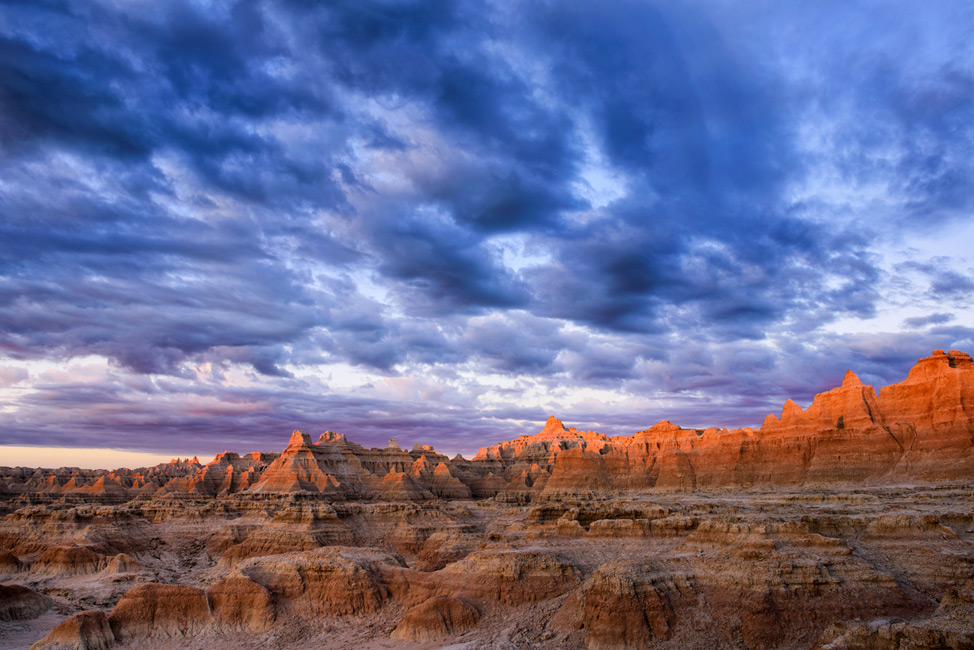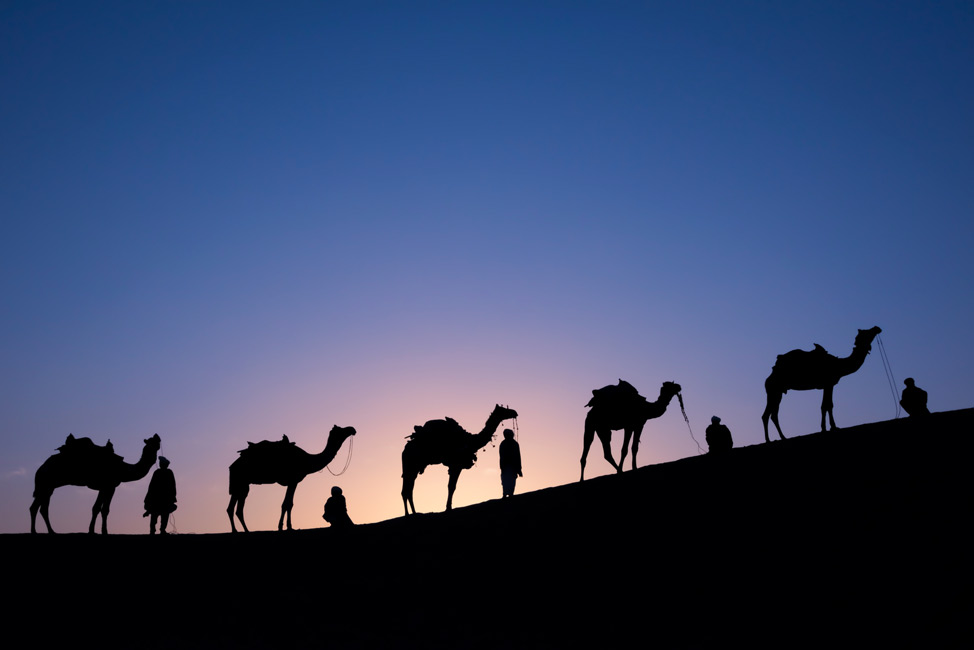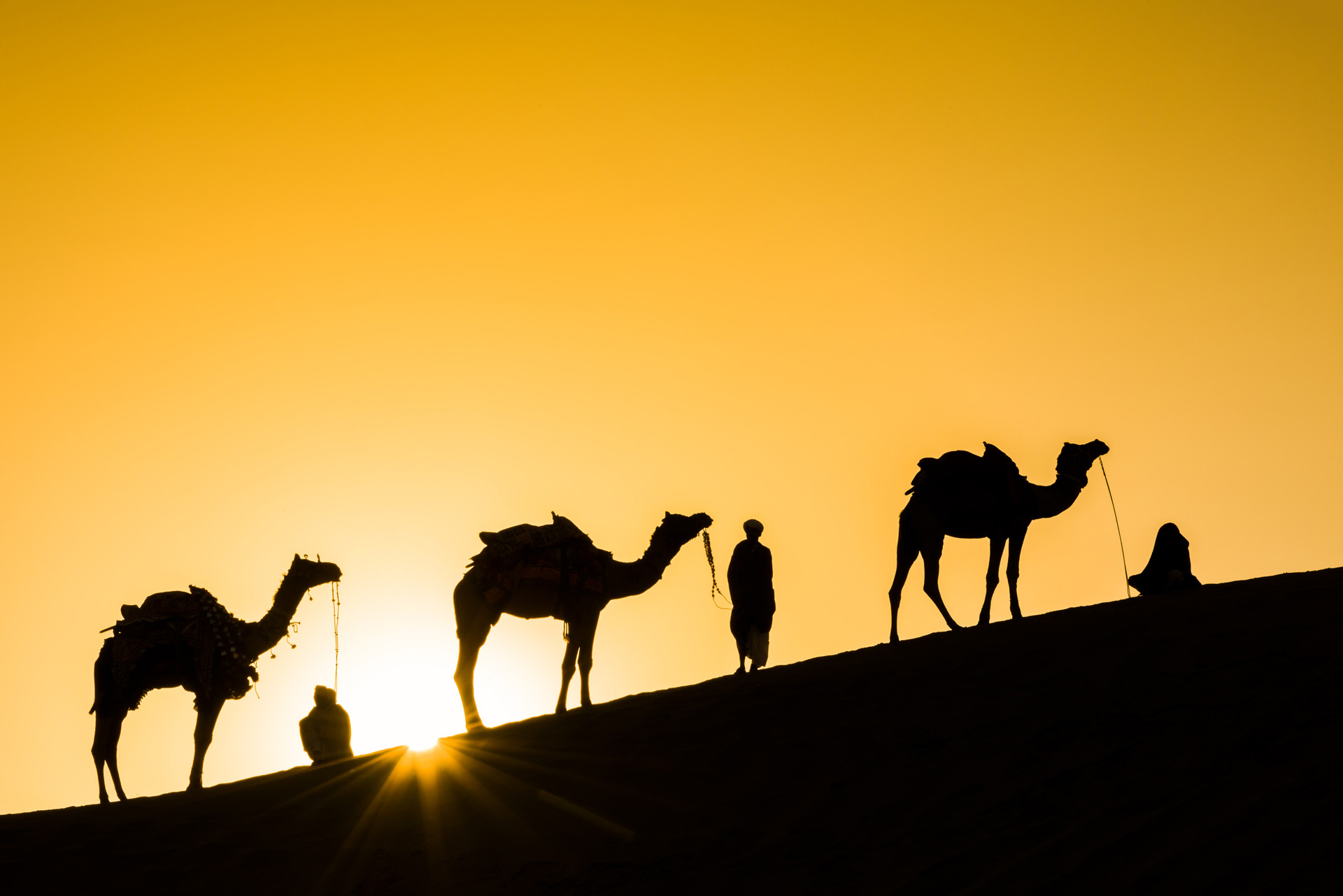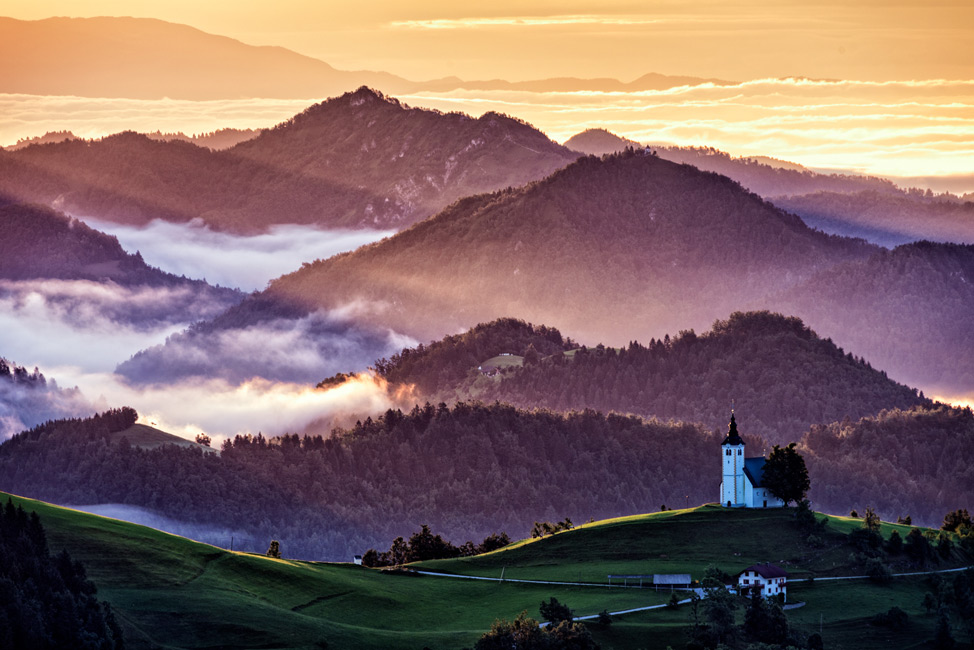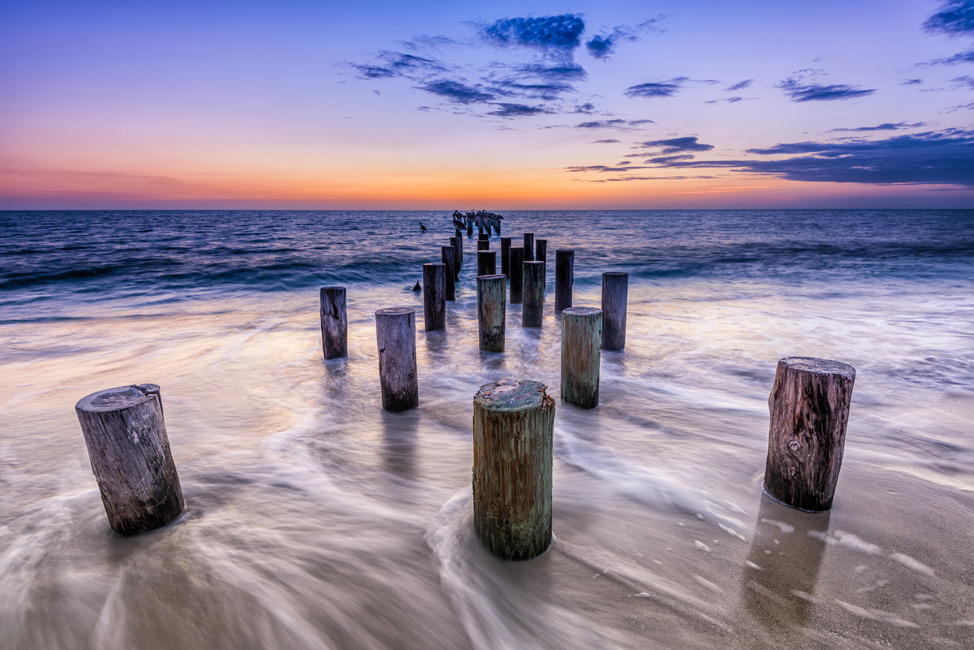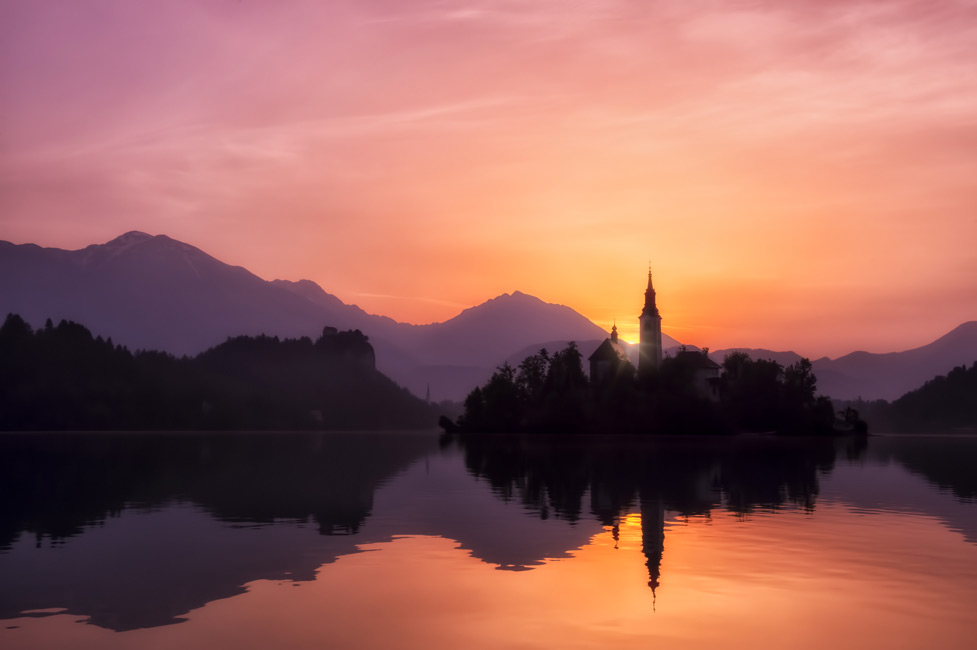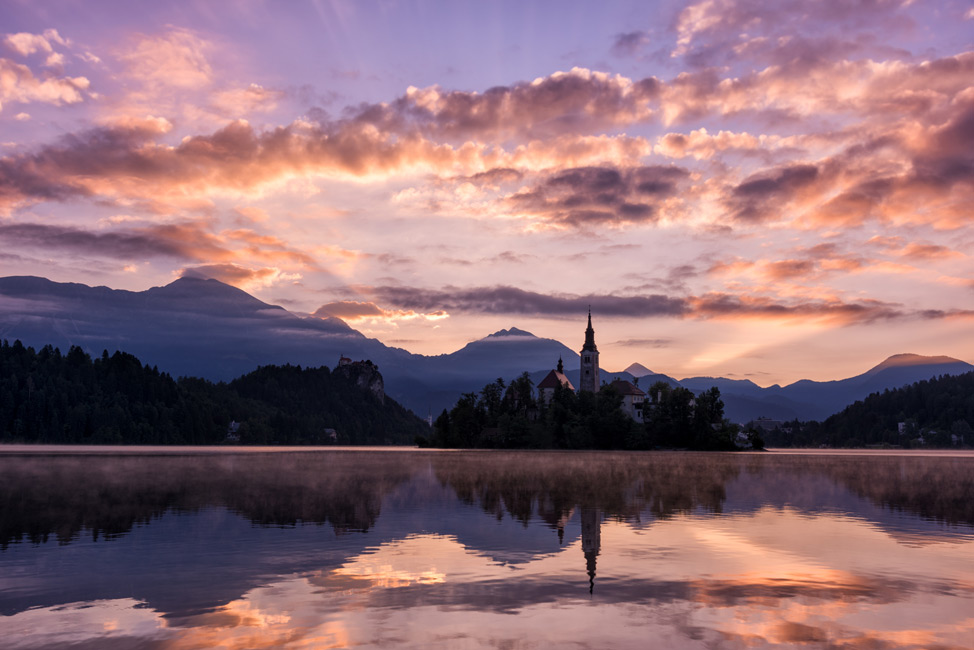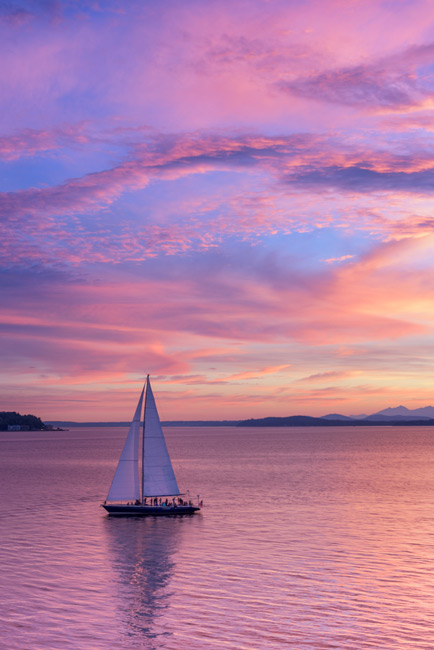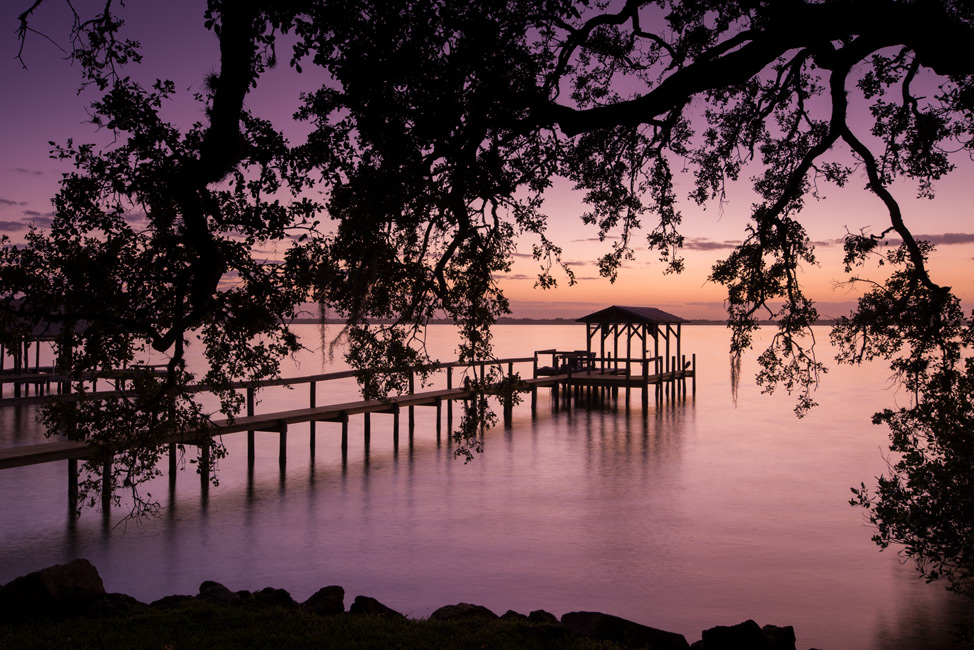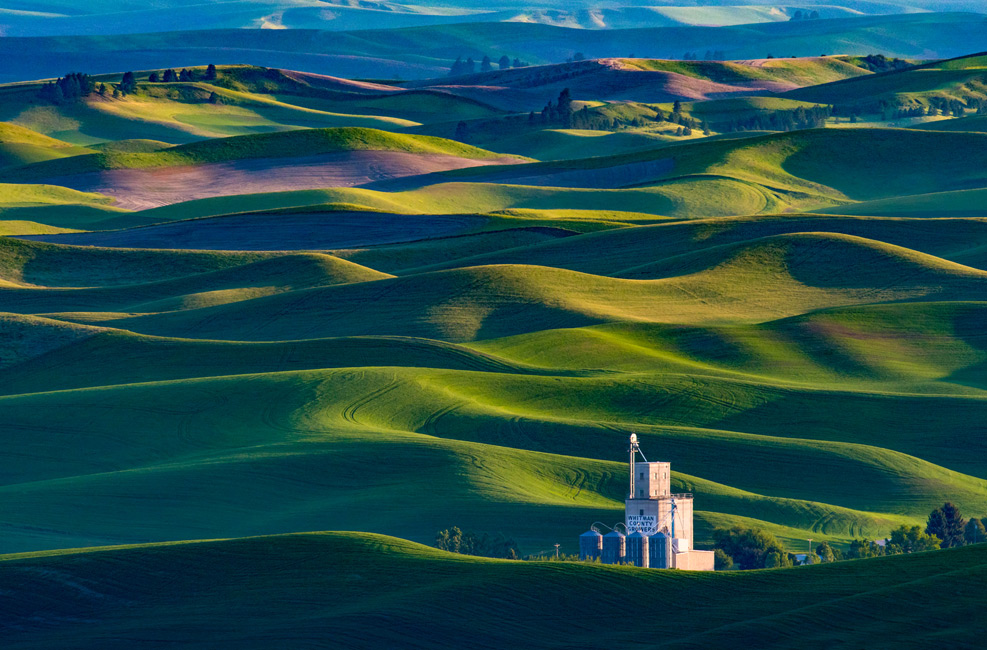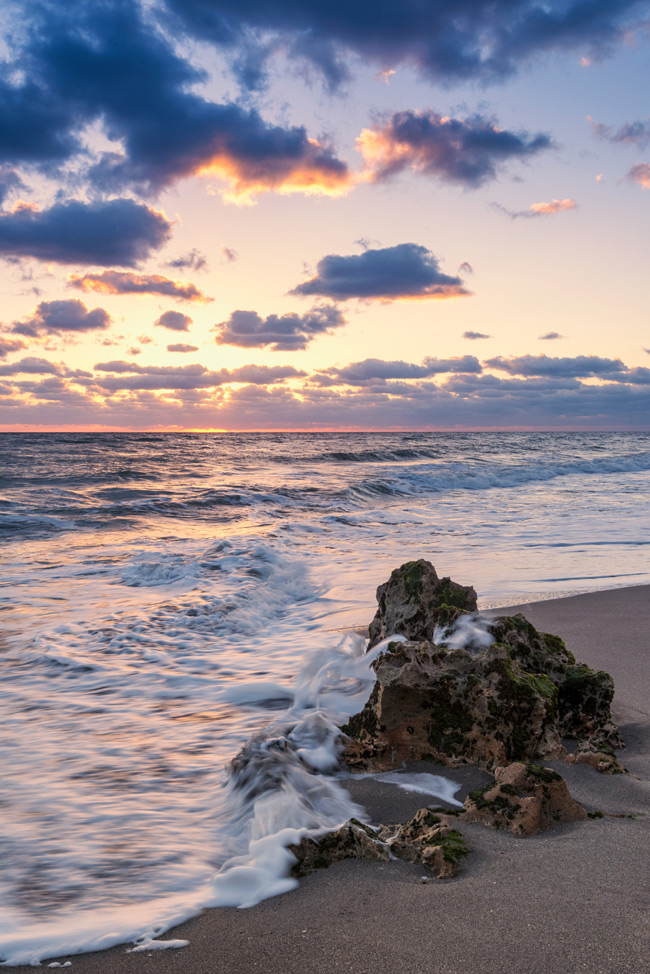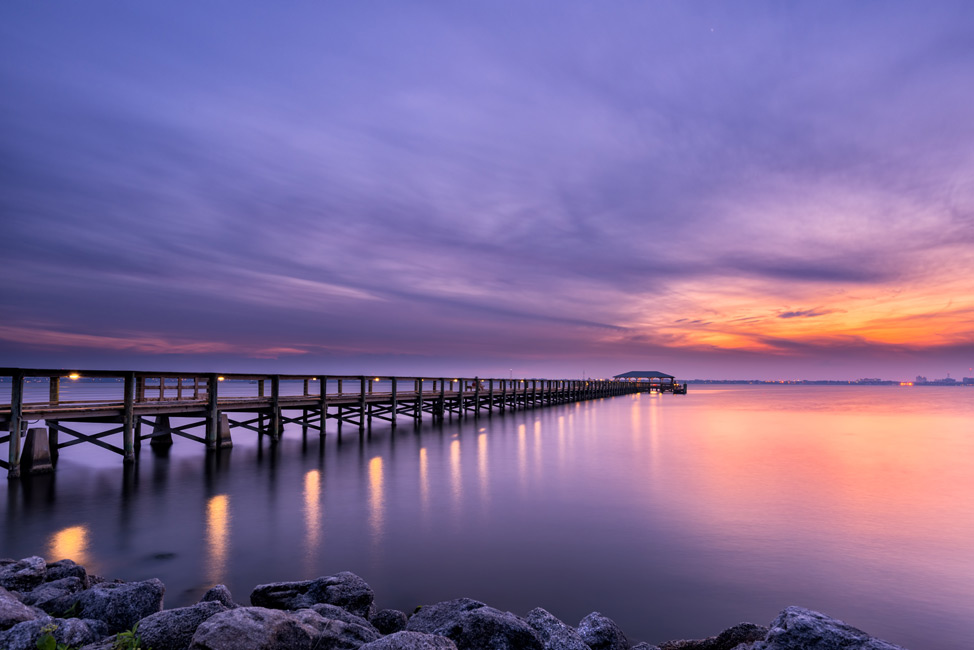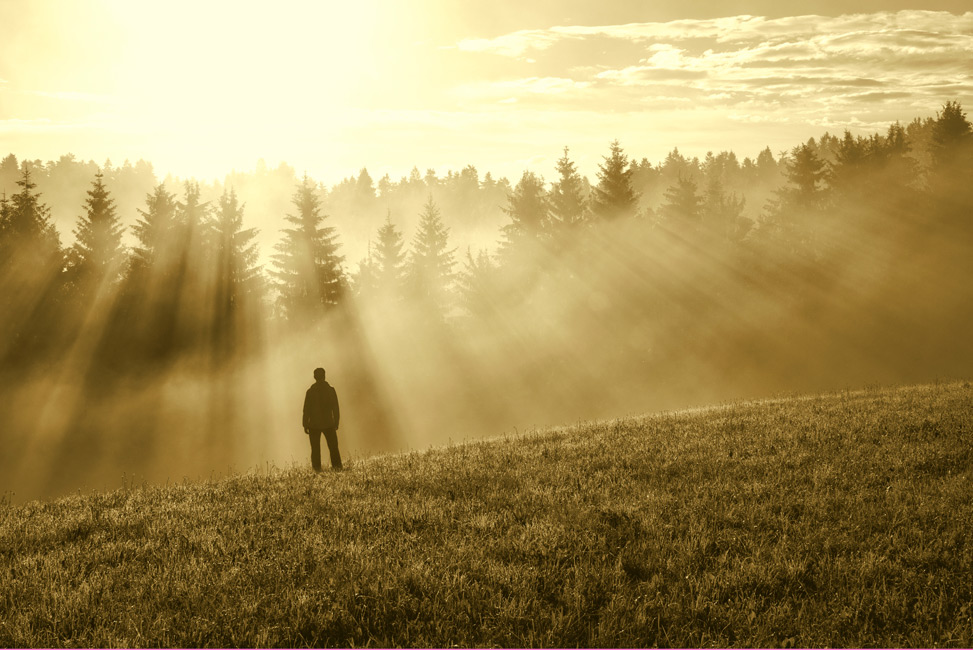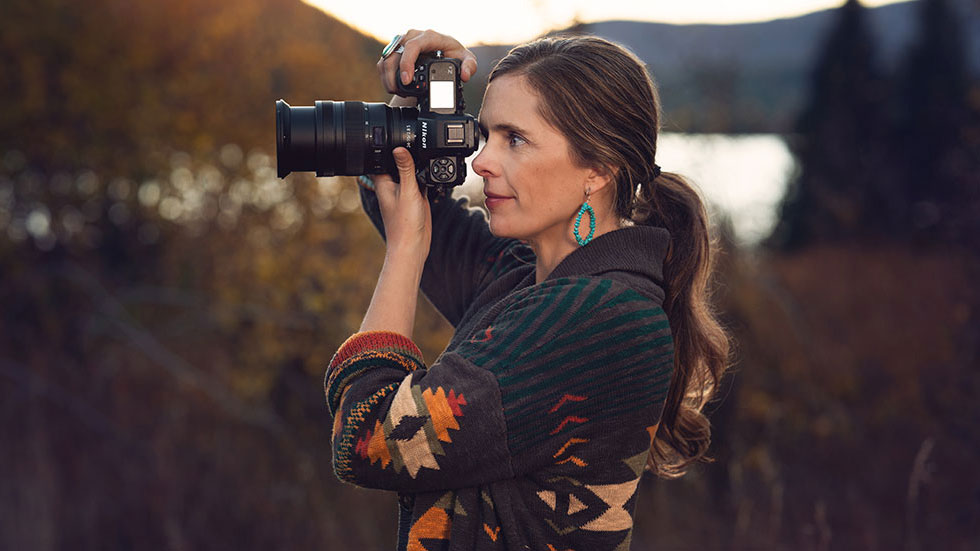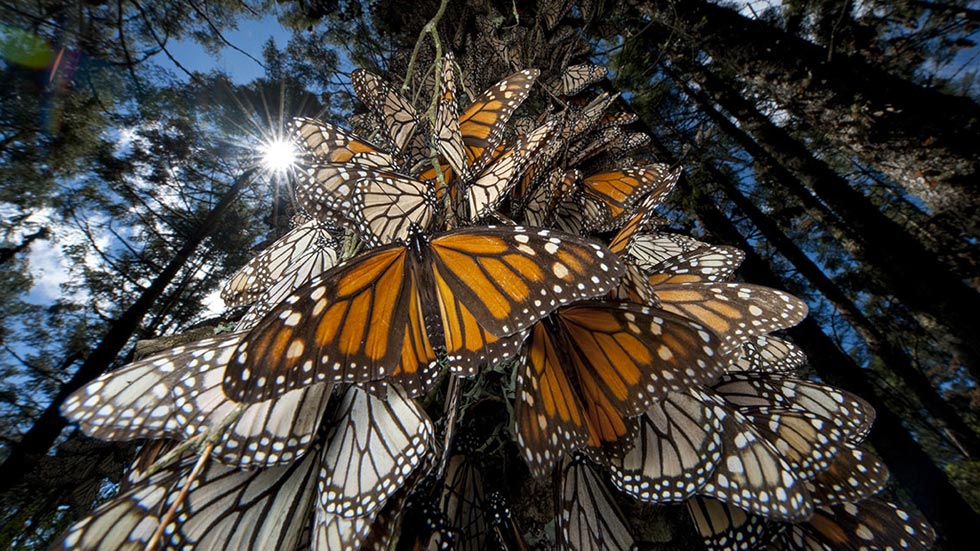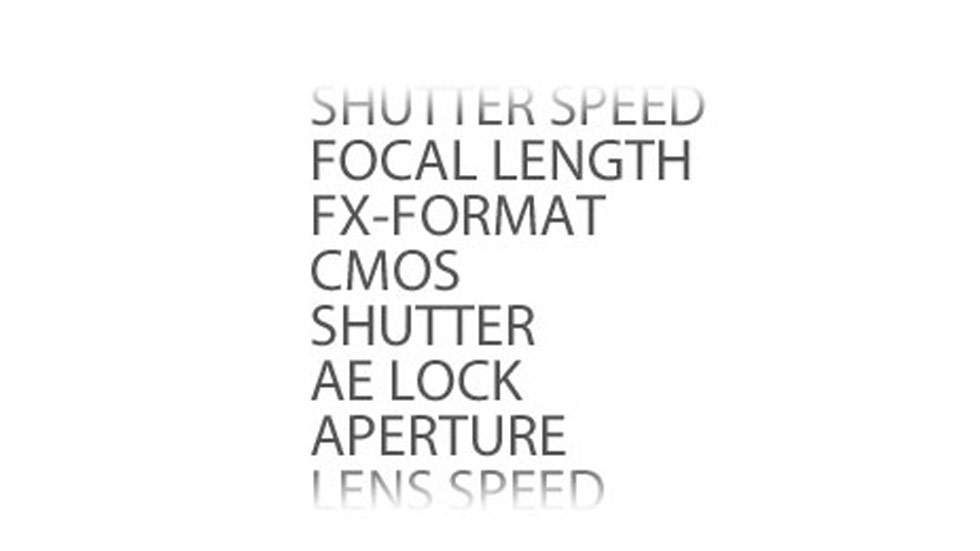Best Tips for Sunrise and Sunset Photos
The sunrises and sunsets are going to happen. It's what you do with them that's going to make the difference between photos you'll want to share and those you'll probably delete.
We spoke not too long ago with travel photographer Deborah Sandidge about how to best take advantage of sunrise and sunset opportunities. What Deb had to say basically comes down to these points:
-
The sun does not have to be the subject of the photograph.
-
The effect of the sun on the landscape is often the picture.
-
Plan or anticipate the picture you want to make.
-
Give yourself the time and the tools to make it.
Under the Sun
The sunrise or sunset provides the lighting, but the success of the image will likely depend on what it's illuminating—and how it's doing the job. Rocks, docks, boats, islands, bridges, skylines—they're all good subjects for dramatic, beautiful sunrise or sunset photographs.
Deb doesn't consider her sunrise or sunset pictures to be documents of captured moments. Rather, they're emotional reactions to what she's seeing, and often what she's envisioned or planned. Her images are interpretive and subjective; they are efforts to capture a feeling or a mood. For a professional photographer, they also represent the desire to make something different, unusual, notable and memorable. At a certain level of ambition and achievement, these photographs are not about simply capturing what's given. While it's possible to just notice a glorious sunset happening right in front of you, for the most part these kinds of pictures take some time, thought and planning.
"For sunrises, I'm there, as a rule, about 45 minutes before it happens," Deb says. "I want to see where the clouds are or are likely to be. I'm going to set myself up to get the best shot before the sun peeks over the horizon. I don't want to shoot much past that point—once the sun's over the horizon, it's too intense. So it's the moments between darkness and sunup that are very important."
For sunset images, it's a different approach. "I'm getting myself in the right position," she says, "but I'm looking at the quality of the sun's light as it changes, and at what's happening within the influence of light—how the light's affecting the scene."
Sunrise, Thar Desert, India. "We were there before the sun rose and asked the drivers to arrange themselves and the camels to get that separation. I set the white balance to 4750° Kelvin to give the image a tranquil blue tone." D810, AF-S VR Zoom-NIKKOR 24-120mm f/3.5-5.6G IF-ED, 1/1000 second, f/16, ISO 400, manual exposure, Matrix metering.
Taken 25 minutes after the previous image. Deb adjusted her position, changed the camera's white balance to Cloudy to bring a warmer feeling to the photo and zoomed the lens from 48mm to 78mm. "I wanted just a bit of the sun, and I stopped down a little to create the sunburst effect." D810, AF-S VR Zoom-NIKKOR 24-120mm f/3.5-5.6G IF-ED, 1/320 second, f/22, ISO 200, manual exposure, Matrix metering.
The Methods
Deb prefers manual metering for these images, and she'll almost always set the f/stop first to control the depth of field. "Most often I want everything in the foreground to be sharp, and the details in the background won't be that important, especially if the background is in shadows—you won't see details anyway."
The shutter speed is important when something in the scene is moving or might move and will result in a blurred image. If both depth of field and speed are keys to the photo, she can always push the ISO.
The camera settings are based on what she wants to accomplish and what's most important to the story she wants to tell and the mood she wants to communicate. The idea is to decide on the scene's essential creative element and then use whatever's necessary to portray it.
A key factor is to be at the location early, to make some test shots even if its too dark or too light—"just to be prepared, to be in the zone of evaluating, of judging what I see, and knowing what lens, what aperture, what filter I might need. And to have ready everything I need, because once the light begins to appear or fade, the changes will be quick and the opportunities fleeting."
There's also the factor of revisiting a location. "There are places, like the Badlands in South Dakota, where the clouds are always going to change, where the dynamics will be different. I'll look for different angles or different ways to shoot. Same places, totally different conditions even at the same time of the year. Changes in weather affect the scene—there'll be wispy clouds for a quiet sunrise; other days, dramatic clouds for an intense scene. There are places I go back to for that very reason—to see what happens next."
The sun doesn't need to be in the photo to show its influence.
Sunrise, Lake Bled, Slovenia. "I’d seen this view while driving around one afternoon. I came back the next morning, in the dark, and found a spot that gave me an eye-level view of the church on the island. I used a graduated ND filter to hold back light at the top of the frame." D4, AF-S NIKKOR 24-70mm f/2.8G ED, 1/25 second, f/16, ISO 100, manual exposure, Matrix metering.
Lake Bled, a year after the previous photo, a little earlier in the morning, right before the sun came over the horizon. "Revisiting the location rewarded me with a dramatic cloud formation." D810, AF-S VR Zoom-NIKKOR 24-120mm f/3.5-5.6G IF-ED, 1/15 second, f/11, ISO 64, manual exposure, Matrix metering.
The Means
A tripod is essential for sunset and sunrise photos—Deb uses a Gitzo 82TQD Series 1 Traveler—and when the tripod's in use, chances are so is her Nikon MC-30A remote cable release. There are times, though, when the light's bright enough for the shutter speed to be fast enough for hand-held shooting.
When she's looking to isolate a portion of the landscape in a sunrise or sunset image, the telephoto end of the AF-S NIKKOR 28-300mm f/3.5-5.6G ED VR will do that. When the goal is including as much sky as possible, her choice might be her widest zoom, the 16-35mm, or the 24-70mm. The versatile 24-120mm is also a go-to lens for sunsets and sunrises.
Sometimes she'll match a DX camera, like the D500, with the AF-S NIKKOR 200-500mm f/5.6E ED VR and let the camera's 1.5 crop factor reveal details and emphasize the dramatic play of light and shadow.
She will sometimes use a graduated neutral density (ND) filter— "especially if it's a long exposure, or to hold back the sunlight at the top of the image"—or a polarizer to cut down glare, or a color enhancing filter to add to the mood of a photo.
And an invaluable app occasionally comes into play. The Photographer's Ephemeris will let you know times and locations for sunsets and sunrises, and, with an additional feature called Skyfire, forecast their intensity as well. If it's sunrises and sunsets you're after, it makes sense to know when and where the good ones are likely to happen.
As Deb says, "I want to be sure I have all the tools I need to tell my story."

